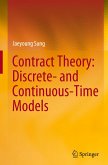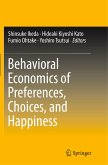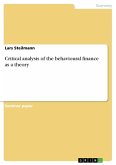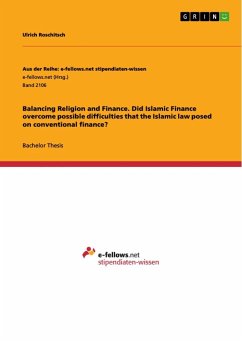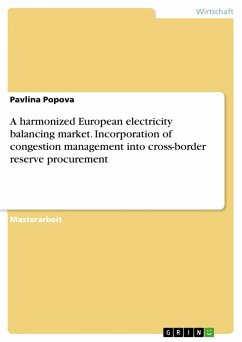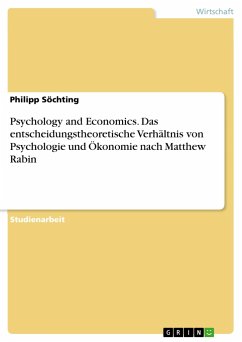Expected Utility Theory (EUT): This framework assumes individuals choose actions that maximize their expected utility. Information can be valuable because it reduces uncertainty about future outcomes, allowing for more informed decisions and potentially higher utility [1]. Prospect Theory: This theory builds upon EUT, recognizing that individuals exhibit loss aversion and a preference for avoiding losses over acquiring gains of equal value [2]. Information can be even more valuable in situations where it helps avoid potential losses. Bounded Rationality: This concept acknowledges that individuals have limited cognitive resources and may not always make perfectly rational decisions. Information can be valuable because it simplifies complex choices and reduces the cognitive effort required to make optimal decisions



